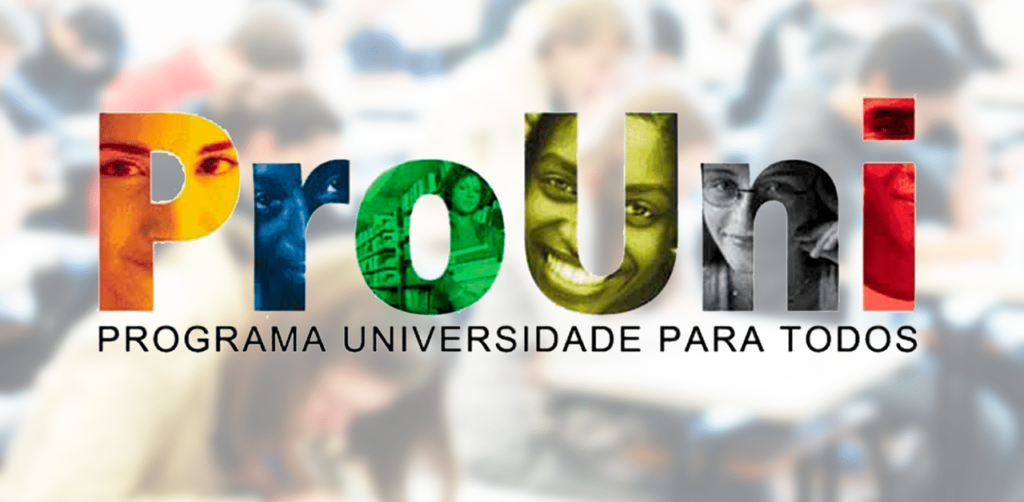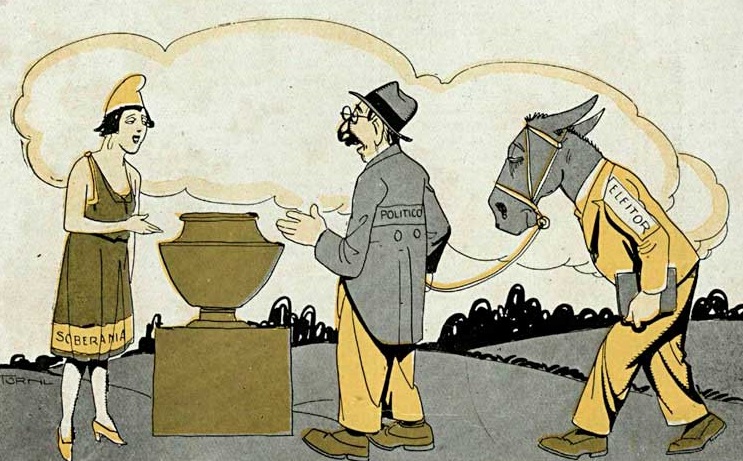The government of former president Luiz Inácio Lula da Silva, popularly known as the Lula Government, was marked by several social and educational programs that significantly impacted Brazilian society. Among these programs, the University for All Program (ProUni) stands out as an initiative that revolutionized access to higher education in the country. In this article, we will explore the trajectory and impacts of ProUni, analyzing how it contributed to the democratization of higher education in Brazil.
The origin of ProUni
ProUni was created in 2004, during President Lula's second term, with the aim of granting full and partial scholarships at private higher education institutions. The program's target audience was low-income students, who were unable to pay the full tuition fee at a private university. Through ProUni, thousands of young Brazilians had the opportunity to enroll in higher education courses and achieve quality academic training.
The impact of ProUni on society
ProUni had a significant impact on Brazilian society, promoting the inclusion of thousands of low-income students in higher education. Before the program, access to private universities was practically impossible for a large part of the population due to high tuition costs. With the creation of ProUni, many young people were able to fulfill their dream of pursuing a degree and seeking better opportunities in the job market.
ProUni’s reach
Over the years, ProUni expanded its actions and began to cover a variety of courses and areas of knowledge, expanding opportunities for those benefiting from the program. Furthermore, ProUni has also become an important tool for training professionals in strategic areas for the country's development, such as health, education and engineering.
ProUni's legacy
ProUni left a lasting legacy on the Brazilian educational scene, positively influencing the lives of thousands of people and contributing to the reduction of social inequalities. The program has established itself as an effective public policy, capable of promoting the inclusion and training of a new generation of qualified professionals.
Furthermore, the program became an instrument of social transformation, allowing low-income young people the opportunity to acquire knowledge, broaden their perspectives and contribute to the country's development. With this, ProUni stands out as an initiative that promotes social mobility and the construction of a more promising future for future generations.
Shedding light on the importance of ProUni
ProUni plays a fundamental role in promoting equity and meritocracy, ensuring that all Brazilians, regardless of their socioeconomic condition, have the chance to access higher education and realize their life projects. Through ProUni, talents that could have been wasted are discovered and stimulated, contributing to a more diverse and enriching academic and professional environment.
Challenges and future perspectives of ProUni
Despite the positive impact of ProUni, the program faces challenges related to guaranteeing the quality of education offered by private partner institutions, as well as the need to expand access to higher education for an even greater number of young people in situations of social vulnerability. In this sense, it is essential that ProUni continues to be improved and perfected, in order to meet the demands and needs of the Brazilian population.
Final considerations
The legacy of the Lula Government, in particular the trajectory and impacts of ProUni, represents an important achievement for higher education in Brazil. The program stands out as an initiative that has transformed lives, opening doors and opportunities for thousands of young people across the country. The challenge now is to maintain and improve ProUni, ensuring that it continues to fulfill its role of promoting inclusion and the formation of a more fair and egalitarian society.
FAQs
1. Does ProUni only benefit low-income students?
Yes, ProUni targets low-income students, who meet specific family income criteria.
2. How are ProUni scholarships distributed?
ProUni scholarships are distributed based on the grade obtained by the student in the National High School Exam (Enem).
3. Does ProUni only offer scholarships for on-site courses?
No, ProUni also offers scholarships for distance learning (EAD) courses.
4. What documents are needed to participate in ProUni?
To compete for a ProUni scholarship, the student must present documents that prove their family income and their participation in Enem.
5. Is ProUni a permanent program?
Yes, ProUni is a permanent program and is constantly improving, aiming to expand access to higher education for low-income students.




